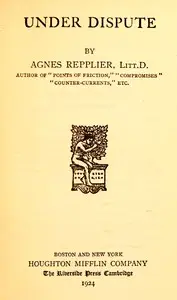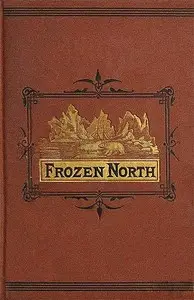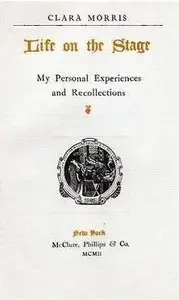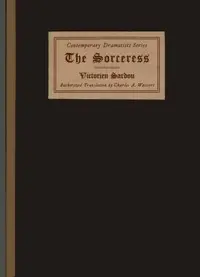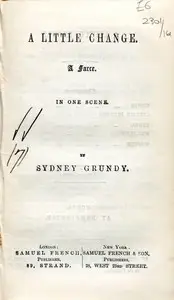"The School for Husbands" by Molière is a comedic play written during the 17th century, specifically in the early period of the French Classical Age. This three-act comedy explores the dynamics of love, trust, and the contrasting approaches to marriage and guardianship in societal norms of the time. Likely set against the backdrop of Molière's critique of domestic tyranny, the play serves not just to entertain but also to impart moral lessons about the nature of trust and the folly of excessive caution in relationships. The storyline revolves around two brothers, Sganarelle and Ariste, who have differing philosophies on how to govern the lives of the young women they are guardians to. Sganarelle is strict and believes in controlling and restricting their freedom to protect their honor, while Ariste adopts a more trusting and liberal approach. As the plot unfolds, it includes complications arising from romantic pursuits, particularly the affections of Valère for Isabella, one of the wards. The characters wrestle with themes of fidelity and the impact of authoritarianism in love and marriage, culminating in a satirical examination of the misunderstandings and troubles that arise from mistrust. The clever use of humor and irony highlights the absurdities of both extreme liberty and strict control, ultimately suggesting that balance and understanding are vital in relationships. (This is an automatically generated summary.)

The School for Husbands
By Molière
"The School for Husbands" by Molière is a comedic play written during the 17th century, specifically in the early period of the French Classical Age. ...
Genres
Released
2004-10-01
Formats
mobi
epub3 (images)
mobi (images)
epub (images)
epub
Free Download
Overview
About the Author
Jean-Baptiste Poquelin, known by his stage name Molière, was a French playwright, actor, and poet, widely regarded as one of the great writers in the French language and world literature. His extant works include comedies, farces, tragicomedies, comédie-ballets, and more. His plays have been translated into every major living language and are performed at the Comédie-Française more often than those of any other playwright today. His influence is such that the French language is often referred to as the "language of Molière".
Total Reviews
10.0k
Total reviews from Goodreads may change









